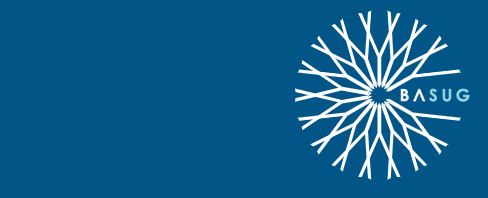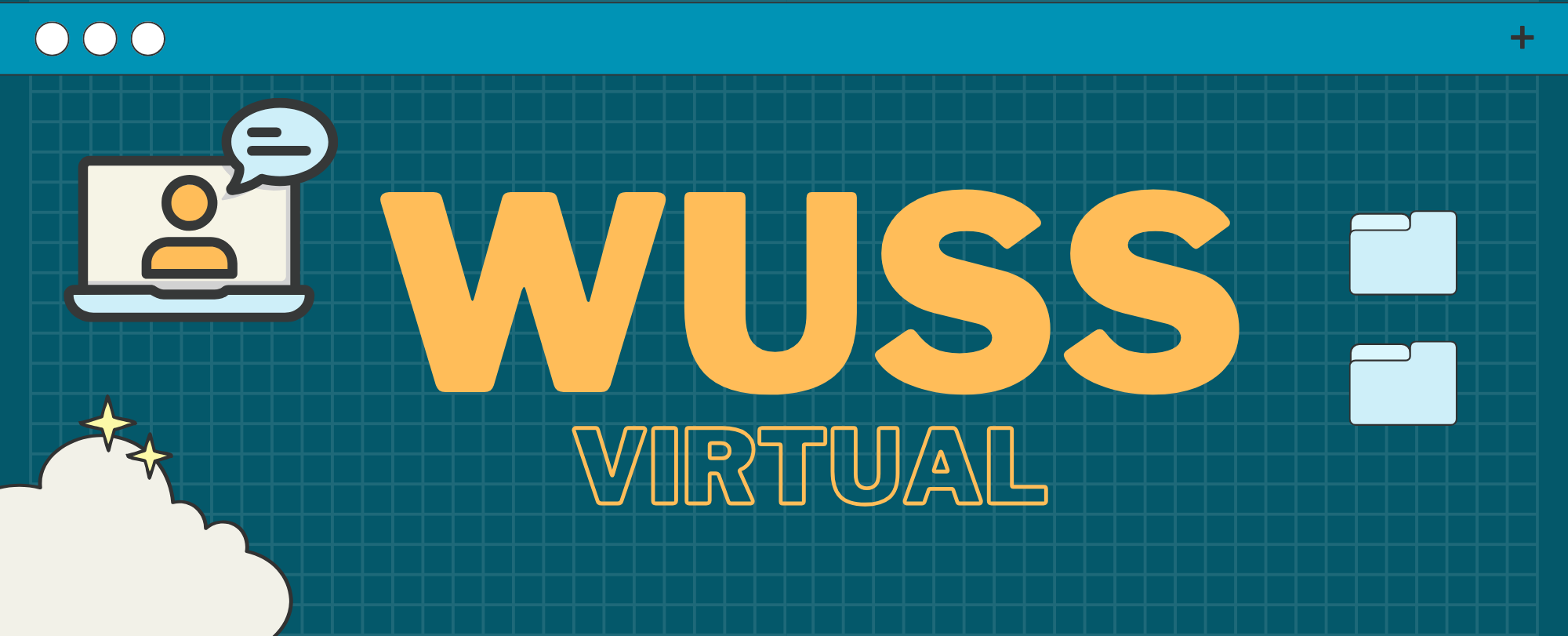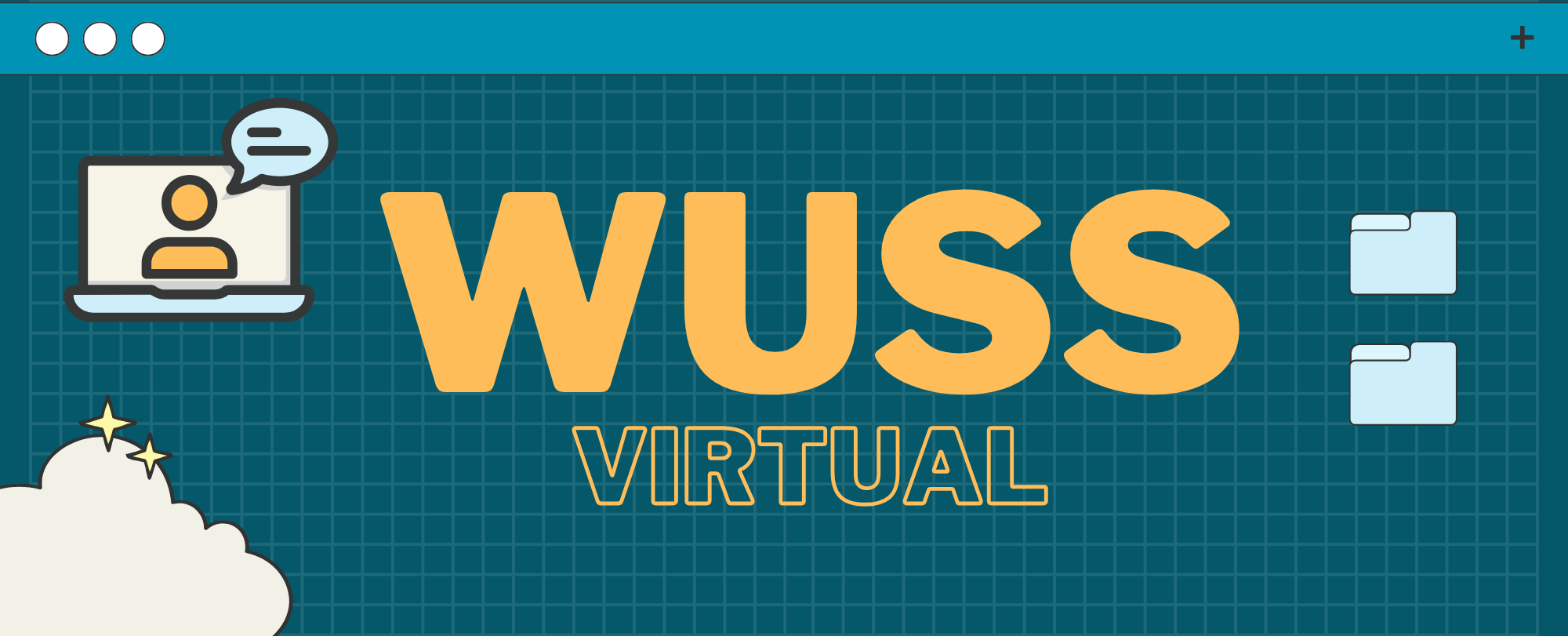Many programming tasks require merging time series of varying frequency. For instance you might have three datasets (YEAR, QTR, and MONTH) of data, each with eponymous frequency and sorted by common id and date variables. Producing a monthly file with the most recent quarterly and yearly data is a hierarchical last-observation-carried-forward (LOCF) task. Or you may have three irregular times series (ADMISSIONS, SERVICES, TESTRESULTS), in which you want to capture the latest data from each source at every date encountered (event-based LOCF). These are tasks often left poorly optimized by most SQL-based languages, in which row order is ignored in the interests of optimizing table manipulation.
This presentation shows how to use conditional SET statements in the SAS® DATA step to update specific portions of the program data vector (i.e. the YEAR variables or the QTR variables) to carry forward low frequency data to multiple subsequent high frequency records. A similar approach works just as well for carrying forward data from irregular time series. We’ll also show how to use “sentinel variables” as a means of controlling the maximum time-span data is carried forward, i.e. how to remove historical data that has become “stale.” Finally, we will demonstrate how to modify these techniques to carry future observations backward, without re-sorting data.
Presented by Mark Keintz
Mark Keintz has been using SAS® since it was documented in one book. His interests are largely in development of applications for financial research and education, addressed in several presentations at SAS Global Forums and various regional SAS user groups. Mark's primary SAS expertise is in DATA step programming, hash programming techniques, efficient use of large data sets, and macro programming.
REGISTER today.
This year's annual Iowa SAS® Users Group conference will be held on May 13th, 2024. Our in-person conference is a great opportunity for Iowa SAS® users and their colleagues and friends to get together for team building, to network and meet or get reacquainted with other fellow SAS® users, exchange ideas, and potentially discover and/or share job/contracting opportunities.
The program will allow you to choose from 3 concurrent presentation sessions that will be held in separate rooms. Presentation sessions are scheduled to allow for 10 minute breaks in between sessions. This year, we have invited SAS speakers, Lincoln H. Groves, Jacqueline (Jackie) Johnson and Charu Shankar. We also welcome back professional trainer/"SASNerd" Kirk Lafler, and will also have local SAS® guru Simon Geletta joining us to share some of his knowledge with us as well.
During morning registration time and lunch break, you will have a valuable opportunity to share concepts and ideas, and for networking, to expand your familiarity with your fellow SAS® users within the community here in the Des Moines Metro area. We encourage you to bring your business cards and expand your network within the SAS® community. There will be a bulletin board where contract opportunities, related events, and other announcements can be affixed. We also encourage hiring managers and consultants seeking contracts to bring your job requirements in hard copy for distribution.
We'll end the conference by holding a closing session where door-prizes (which include a laptop computer and much, much more) are given away before we wrap up the conference. You don't want to miss the closing session, so stick around!
To view the full Conference Program please go to https://www.iowasasuser.org
Register today!
We learned so much and had so much fun at SAS Innovate 2024. So many activities, so many announcements. We're going to try and cover as many highlights as we can in May's rendition of the SAS Bowl.
Game Details
The SAS Support Community trivia event, SAS Bowl XL, SAS Innovate 2024 - Recap is scheduled for Wednesday, May 15, at 10 a.m. ET.
Register for the event and receive an invite to a Microsoft Teams meeting and a calendar event.
On game day, join the Teams meeting and access the game here.
More on SAS Innovate Highlights
Starting off the week was the SAS Hackathon Boot Camp and education workshops. Wednesday started off with the general session and then breakout sessions in the afternoon. At any point you could visit the Innovation Hub. The activities in the Hub are too numerous to count. You could attend one of the scores of Super Demos, visit a booth, get your virtual bobble head made, etc. Watching SAS CTO, Bryan Harris, burn his taste bud on hot wings was also a highlight. And finally, all the technology announcements, including: SAS Viya Workbench, SAS Viya Copilot, SAS Enterprise Guide on SAS Viya, and so many more.
Weren't able to make it to SAS Innovate? Here's a link to On-Demand sessions (registration required). You can watch all the general sessions as well as some select breakout session.
SAS Innovate 2024 On-Demand
SAS Bowl and event details
For those who may be new to the SAS Bowl, you can find game history and specifics in this Community memo. There you'll also find links to previous events, which include recordings.
Register for the event and receive an invite with game details and a Teams meeting link. On game day, Join the TEAMS meeting to play, and show off your SAS and worldly knowledge while competing for bragging rights and SAS Community game gear.
Compared to other therapeutic studies, oncology studies are generally complex and difficult for programmers and statisticians. There is more to understand and to know such as different clinical study types, specific data collection points and analysis. In this seminar, programmers and statisticians will learn oncology specific knowledge in clinical studies and will understand a holistic view of oncology studies from data collection, CDISC datasets, and analysis. Programmers and statisticians will also find out what makes oncology studies unique and learn how to lead oncology study projects effectively.
The seminar will cover four different sub types and their response criteria guidelines. The first sub type, Solid Tumor study, usually follows RECIST (Response Evaluation Criteria in Solid Tumor). The second sub type, Immunotherapy study, usually follows irRC (immune-related Response Criteria). The third sub type, Lymphoma study, usually follows Cheson. Lastly, Leukemia studies follow study specific guidelines (e.g., IWCLL for Chronic Lymphocytic Leukemia). The seminar will show how to use response criteria guidelines for data collections and response evaluation.
Programmers and statisticians will learn how to create SDTM tumor specific datasets (RS, TU, TR), what SDTM domains are used for certain data collection, and what Controlled Terminology (e.g., CR, PR, SD, PD, NE) will be applied. They will also learn how to create Time-to-Event ADaM datasets from SDTM domains and how to use ADaM datasets to derive efficacy analysis (e.g., OS, PFS, TTP, ORR, DFS) and Kaplan Meier Curves using SAS Procedures such as PROC LIFETEST and PHREG.
Finally, programmers and statistician will understand how to build end-to-end standards driven oncology studies from protocol, study sub-types, response criteria, data collection, SDTM, ADaM to analysis.
Presented by Kevin Lee.
REGISTER today.












